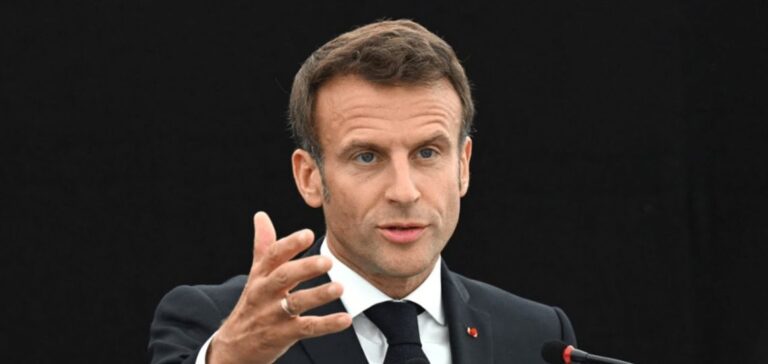The French President is expected in two key Central Asian countries: Kazakhstan, the region’s leading economic power, and Uzbekistan, which is seeking to emerge from 25 years of isolation. The objectives are clear: to diversify strategic and economic ties and strengthen Europe’s presence in the region through the signing of contracts.
A Tense Geopolitical Context
Macron’s visit comes at a time when several powers, notably China with its “New Silk Roads” project, are seeking to extend their influence in Central Asia. Russia, although still an essential economic and military partner, is seeing its influence in the region decline, not least because of the war in Ukraine.
Target sectors for contracts
France, represented by several ministers and business leaders, is targeting contracts in a variety of sectors including energy, water, urban transport and aeronautics. France is already the fifth-largest foreign investor in Kazakhstan, and is keen to further develop its economic relations with Uzbekistan.
Human rights and governance issues
Beyond the economic stakes, the question of human rights and governance will not be left out. Both countries have a history of repression and authoritarian governance, and France assures that the issue of the rule of law will be addressed during the visit.
Macron’s visit to Central Asia is a delicate maneuver in a complex geopolitical chessboard. As France seeks to strengthen its economic and strategic ties, it must also navigate an environment where human rights and governance issues are just as crucial.






















